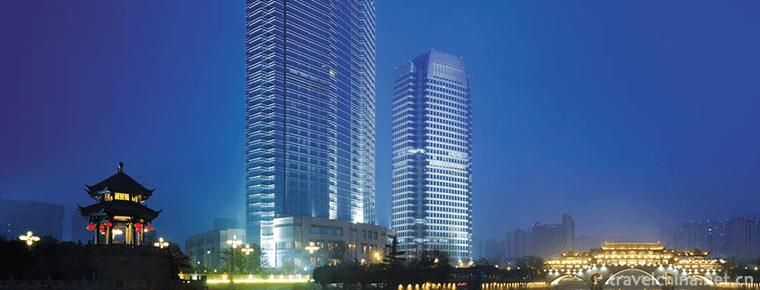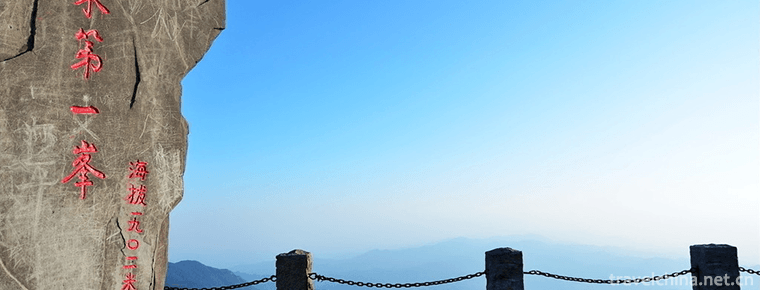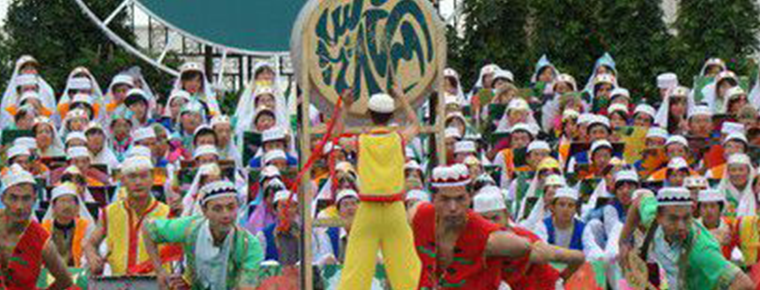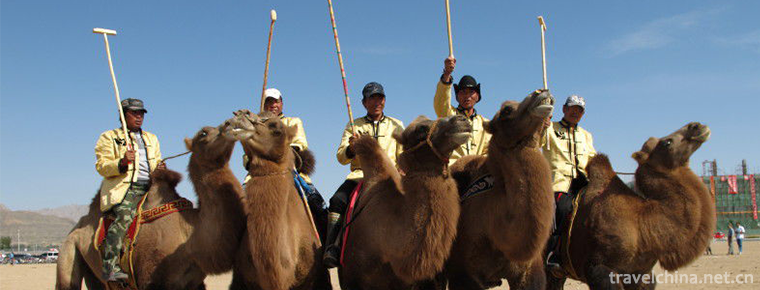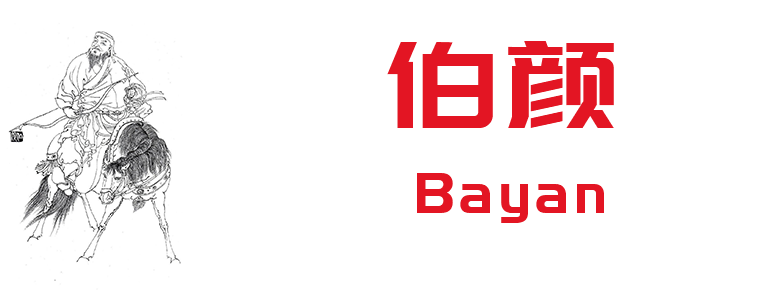Lijiang bacon pork
Lijiang ribs chafing dish is one of the traditional cuisines of Lijiang in Yunnan. Many people do not know the origin of this dish. It is a third main dish of "three overlapping water" in the Naxi dish. Three water is the same as Naxi Manhan full banquet, only the most honored guests feast on this dish. According to legend, when Xu Xiake traveled to Lijiang, the Naxi chieftain used 108 "three overlapping water" to entertain him.
Lijiang ribs chafing dish is one of the traditional cuisines of Lijiang in Yunnan. Many people do not know the origin of this dish. It is a third main dish of "three overlapping water" in the Naxi dish. Three water is the same as Naxi Manhan full banquet, only the most honored guests feast on this dish. According to legend, when Xu Xiake traveled to Lijiang, the Naxi chieftain used 108 "three overlapping water" to entertain him.
Lijiang bacon and bone hotpot is a kind of pork ribs cured by soil, stewed in a casserole, and usually served with fresh vegetables: mint, leek root, tomato, celery, potato, wild mushroom, mushroom, Radix isatidis, noodles and so on. It is seasoned with local dipping water, fresh and rich, with fresh meat, but the more delicious it is. With local rice wine, the taste is self-evident. In Yunnan cuisine, it can be called Jiapin.
Lijiang bacon ribs can effectively blend meat flavor and bone flavor, so that the flavor factors after curing and drying can easily be distributed to the soup, and soup is an important part of the hot pot, so no matter what dishes are hot in the pot, the hot pot is melted with bacon ribs rich fragrance, which is fragrant and pure flavor.
Lijiang's unique climate and natural green environment give it the conditions for making high-quality ribs. The pickled Lijiang ribs should be selected with special local pork ribs. * with salt, chili, spices and other pickling, it can be dried in a cool, dry place for more than 10 days.
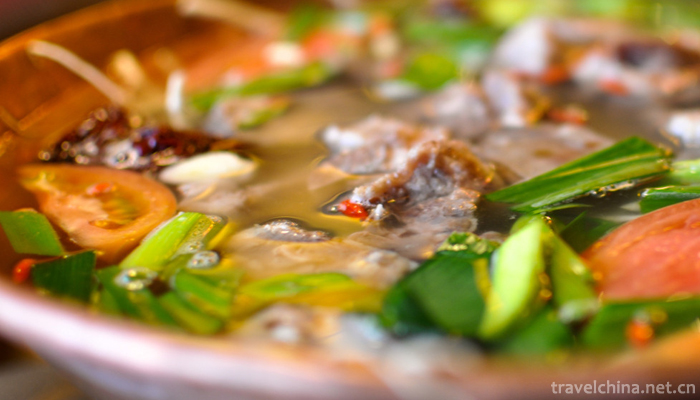
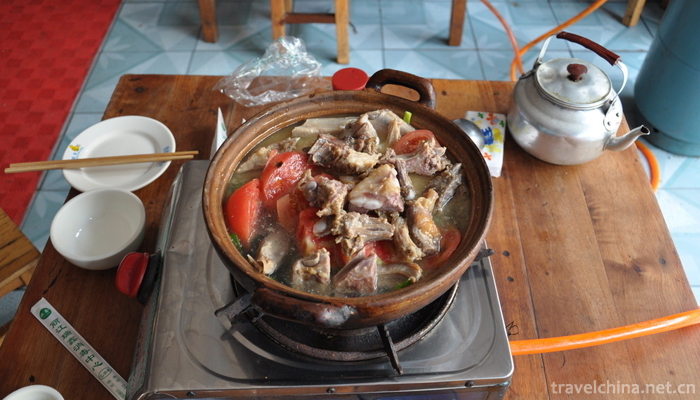
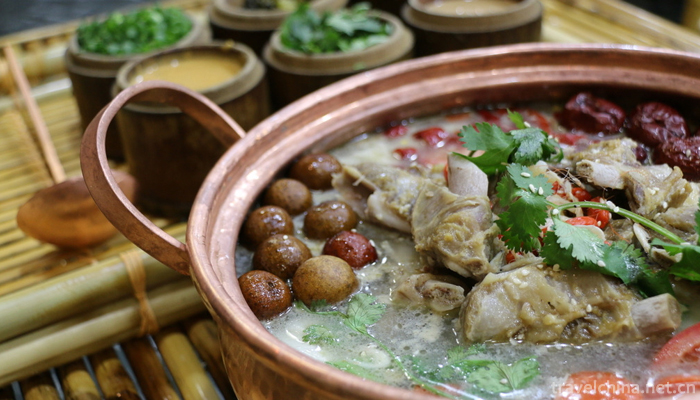
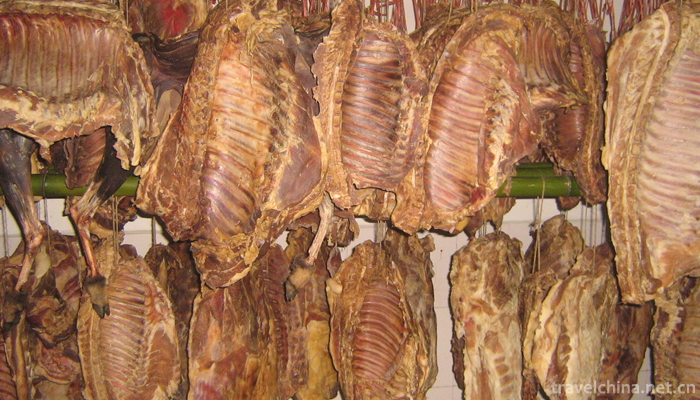
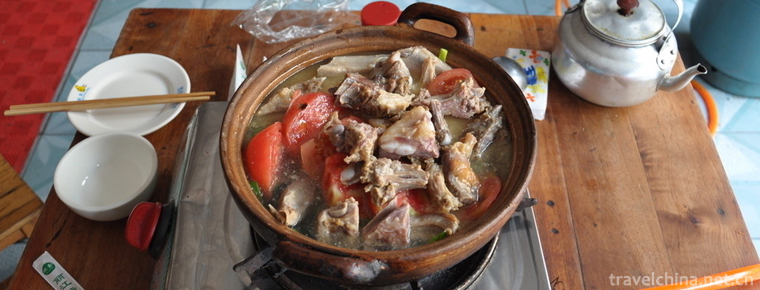
Lijiang bacon pork
-
sauteed tofu in hot and spicy sauce
sauteed tofu in hot and spicy sauce is one of the traditional dishes in Sichuan
Views: 238 Time 2018-10-12 -
Chengdu Shangri La Hotel
Chengdu Shangri-La Hotel belongs to Shangri-La Hotel Group. It was officially completed and put into use on May 20, 2007. The hotel is located at No. 9 Binjiang East Road, Chengdu City
Views: 174 Time 2018-12-16 -
Guangdong First Peak Tourist Scenic Spot
Guangdong First Peak Tourist Scenic Area is the largest oasis on the Tropic of Cancer. It has a large area of primitive forests, stable forest ecosystem, dense evergreen broad-leaved forests
Views: 147 Time 2019-01-13 -
Ah Shi Ma
Ashima, a traditional folk literature in Shilin Yi Autonomous County, Yunnan Province, is one of the national intangible cultural heritage.
Views: 268 Time 2019-03-28 -
Lantern show
Lantern Opera is not only a traditional folk opera with local characteristics in Chongqing and Sichuan, but also one of the important voices of Sichuan Opera. It originates from northeast Sichuan
Views: 159 Time 2019-04-26 -
Hui folk instrumental music
Hui folk instrumental music is a long-term life practice and cultural activities of the Hui people in Ningxia, inheriting ancient instruments of Ningxia and northwest frontier fortress instruments and
Views: 194 Time 2019-05-04 -
Mongolian camel raising custom
The Mongolian camel-raising custom has a long history. In the practice of production and life with a long history, camel has become the most loyal partner of mankind while making outstanding
Views: 104 Time 2019-06-04 -
Chengdu University
Chengdu University, established in 1978 with the approval of the Ministry of Education, is a comprehensive University jointly built by Sichuan Province and Chengdu City. It is a key comprehensive univ
Views: 327 Time 2019-08-31 -
Bo Yan
Bo Yan (1236 - January 11, 1295), eight neighbouring people in Mongolia. Yuan Dynasty Famous ministers in early years
Views: 243 Time 2019-09-14 -
Cuiyun corridor
Cuiyun corridor is a section of the ancient Shu Road, and also a section of Jianmen Shu Road, which is famous for its danger. Cuiyunlang, also known as "Huangbai" and "zhangfeibai" in ancient times, is located in Jiange County, Guangyuan City, Sichuan Province, and Zitong County, Mianyang City. Cuiyunlang in Jiange county has been built into a national AAAA scenic spot.
Views: 132 Time 2020-11-08 -
A city with a fire by one Cold thinking behind Ding Zhen hot
With the popularity of microblogging for nearly seven months, the popularity of microblogging has been created for a long time. At the same time, the hometown of Ding Zhen, Litang County, Ganzi Tibetan Autonomous Prefecture, also ushered in several times the search volume and real gold and silver tourism orders.
Views: 100 Time 2020-12-07 -
Ecological environment of Luzhou
On July 5, 2019, the Ministry of ecology and environment of the people's Republic of China announced the special investigation of black and odorous water bodies in the first stage of overall planning and strengthening supervision in 2019. Luzhou was listed in the "list of cities whose
Views: 362 Time 2020-12-14

